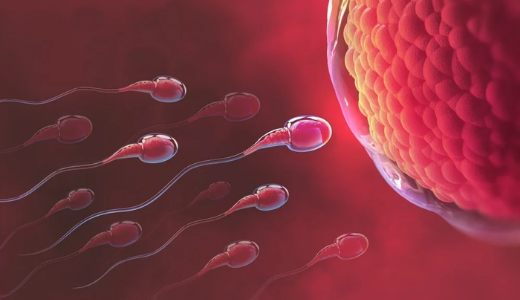Infertility Clinic In Noida

Infertility
What defines Infertility?
Infertility is a disease of the male or female reproductive system defined by the failure to achieve a pregnancy after 12 months or more of regular unprotected sexual intercourse.
Why addressing infertility is important?
A wide variety of people, including heterosexual couples, same-sex partners, older persons, individuals who are not in sexual relationships and those with certain medical conditions, such as some HIV sero-discordant couples and cancer survivors, may require infertility management and fertility care services. Inequities and disparities in access to fertility care services adversely affect the poor, unmarried, uneducated, unemployed and other marginalised populations.
Addressing infertility can also mitigate gender inequality. Although both women and men can experience infertility, women in a relationship with a man are often perceived to suffer from infertility, regardless of whether they are infertile or not. Infertility has significant negative social impacts on the lives of infertile couples and particularly women, who frequently experience violence, divorce, social stigma, emotional stress, depression, anxiety and low self-esteem.
Fear of infertility can deter women and men from using contraception if they feel socially pressured to prove their fertility at an early age because of a high social value of childbearing. In such situations, education and awareness-raising interventions to address understanding of the prevalence and determinants of fertility and infertility is essential.
Is infertility a common problem?
Yes. About 6% of married women aged 15 to 44 years in the United States are unable to get pregnant after one year of trying (infertility). Also, about 12% of women aged 15 to 44 years in the United States have difficulty getting pregnant or carrying a pregnancy to term (impaired fecundity).
Is infertility just a woman's problem?
No, infertility is not always a woman’s problem. Both men and women can contribute to infertility.
Many couples struggle with infertility and seek help to become pregnant, but it is often thought of as only a woman’s condition. However, in about 35% of couples with infertility, a male factor is identified along with a female factor. In about 8% of couples with infertility, a male factor is the only identifiable cause.
Almost 9% of men aged 25 to 44 years in the United States reported that they or their partner saw a doctor for advice, testing, or treatment for infertility during their lifetime.
How do doctors treat infertility?
Infertility can be treated with medicine, surgery, intrauterine insemination, or assisted reproductive technology.
Often, medication and intrauterine insemination are used at the same time. Doctors recommend specific treatments for infertility on the basis of:
- The factors contributing to the infertility.
- The duration of the infertility.
- The age of the female.
- The couple’s treatment preference after counseling about success rates, risks, and benefits of each treatment option.
How long should couples try to get pregnant before seeing a doctor?
Most experts suggest women younger than age 35 with no apparent health or fertility problems try to conceive for at least one year before seeing a doctor. However, for women aged 35 years or older, couples should see a health care provider after 6 months of trying unsuccessfully. A woman’s chances of having a baby decrease rapidly every year after the age of 30.
Some health problems also increase the risk of infertility. So, couples with the following signs or symptoms should not delay seeing their health care provider when they are trying to become pregnant:
- Irregular periods or no menstrual periods.
- Very painful periods.
- Endometriosisexternal.
- Pelvic inflammatory disease.
- More than one miscarriage.
- Suspected male factor (i.e., history of testicular trauma, hernia surgery, chemotherapy, or infertility with another partner).









